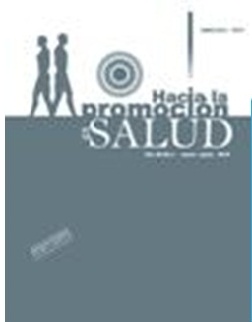Authors
Abstract
The informed consent is an actual worrying on primary health attention and health promotion levels, due to the acknowledgement of individual autonomy in the universal declaration of human rights and the proclamation of liberty in the Colombian political constitution of 1991, self-determination and self- responsibility imply a clear postureon personal rights and obligations, as well as those of others, becoming an educative imperative in areas of human communication that implies, principles values and unavoidable internalization, appropriation and incorporation, in order to be applied in an adequate way in the every day life of health services interrelationships. Communications ethics that deal with the dialogic and the assertive communication, allow respect of people’s dignity and rights. These ethics also send feedback as a characteristic of truly informed consent, identifying wherever possible, the differences between objective truth (scientific) and the subjective true (values and beliefs) of each person (in order to determine, with precision, the essence of the sent and received message from the interlocutors and the consequential actions).
Keywords
References
BOLADERAS CUCURELLA, Margarita. Bioética y calidad de vida, Bogotá D.C. ediciones el Bosque. 2000.
CONSTITUCIÓN POLÍTICA DE COLOMBIA. Presidencia de la República, Santafé de Bogotá. 1991.
FORO DE MINISTROS DE MEDIO AMBIENTE DE AMERICA LATINA Y EL CARIBE. Manifiesto por la vida. Sao Pablo Brasil. S. E. Mayo 2002.
FRANCO PELÁEZ Z. ROSA. Desarrollo Humano y de valores para la Salud, 2ª edición, editorial Universidad de Caldas, Manizales 2004.
FRANCO P. R, OSORIO G.F, SANCHEZ J.M.H. Los jóvenes de hoy en el mundo de los valores morales y la ética, Editorial Universidad de Caldas. Manizales 2004.
LAROUSSE, Diccionario enciclopédico, 7ª edición, Santafé de Bogotá, 2001.


 PDF (Español)
PDF (Español)
 FLIP
FLIP























